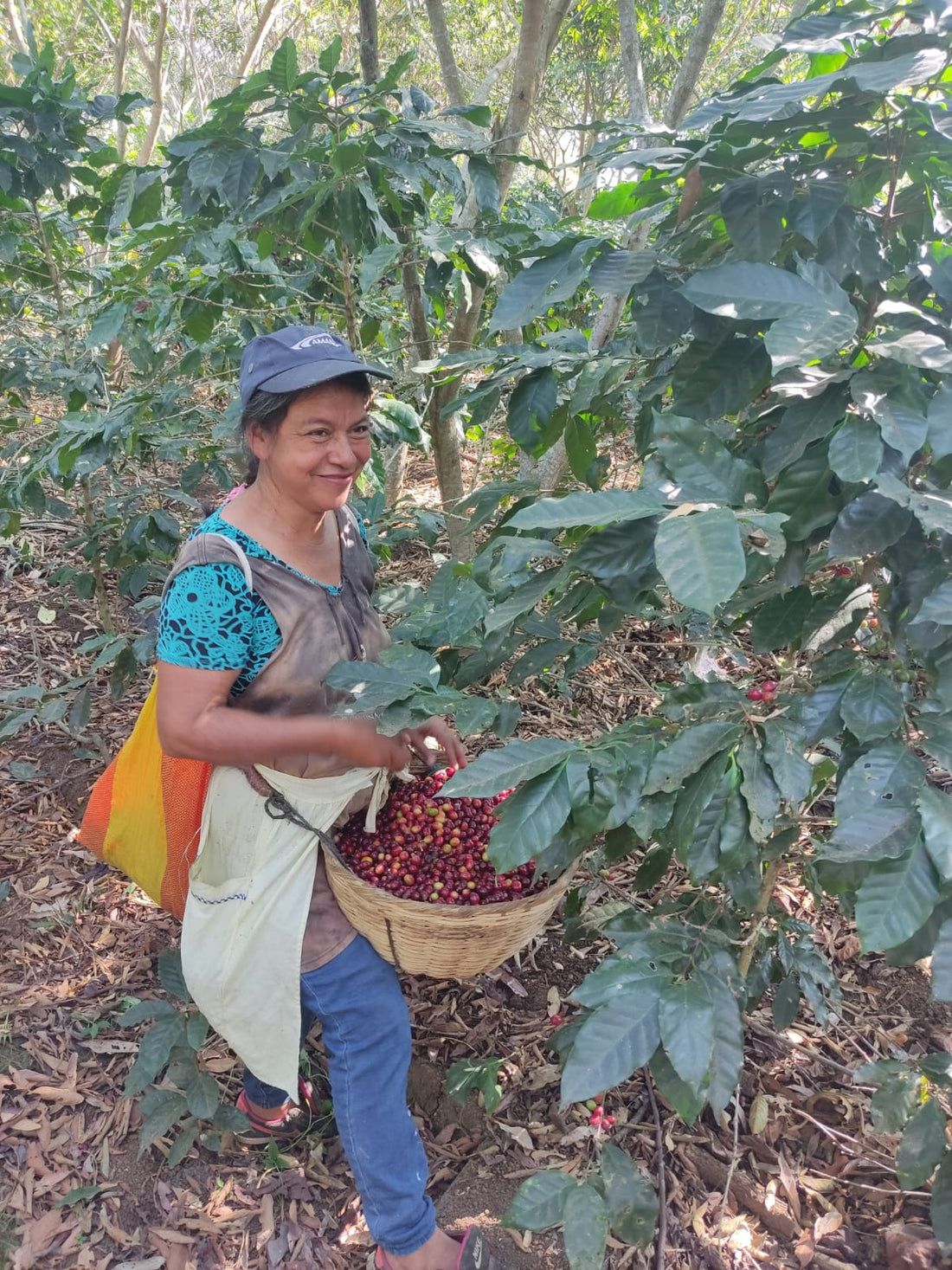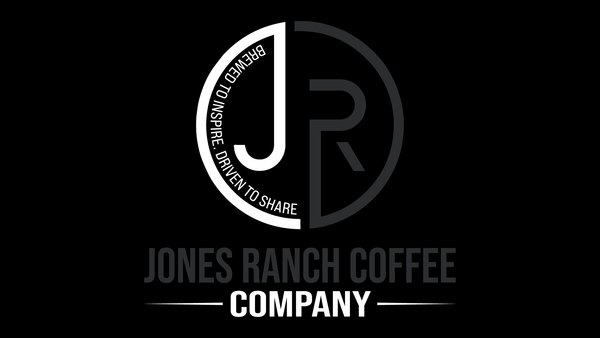
The Impact of Fair Trade and Organic Coffee: Supporting Farmers, Supporting Communities
Share
We don’t often stop to think about where our coffee comes from—after all, it’s part of the daily routine. But what if you knew that the coffee sitting in your kitchen had a deeper story, one that stretches from small farms in Central America to your cup?
At Jones Ranch Coffee, we're passionate about two things: excellent coffee and doing right by the people who grow it. That’s why we’ve made a commitment to source only Fair Trade and organic coffee. It’s not just a buzzword or a label; it’s about ensuring that the farmers who dedicate their lives to coffee can do so sustainably and with dignity.
What Does Fair Trade Really Mean for Farmers?
Think about this for a moment—there’s a coffee farmer in the Santa Ana region of El Salvador, who owns a small plot of land where he’s been growing coffee for decades. In the past, our partner farmer had little control over the price he received for his harvest. Middlemen dictated the terms, leaving him just enough to scrape by. That all changed when he joined a Fair Trade cooperative.
Fair Trade isn’t just about paying farmers a fair wage—it’s about giving them a reliable, steady income so they can plan for their future. With the money earned through Fair Trade, he’s been able to send his children to school, invest in better farming equipment, and even help fund community projects, like improving the local water supply. It’s no longer just about surviving; it's about thriving.
Why Organic Coffee is More Than Just a Trend
You’ve probably heard the term "organic" thrown around a lot, but what does it really mean when it comes to coffee? For us at Jones Ranch Coffee, it’s not just about avoiding chemicals—it's about respecting the land and the farmers who rely on it.
There was another story that I came by recently, of a coffee farmer in Antioquia, Colombia who made the switch to organic farming years ago, not because it was trendy, but because she wanted to protect her land for future generations. By using organic methods, she’s been able to avoid synthetic pesticides and fertilizers, which can contaminate the water supply and degrade the soil over time. Instead, she uses natural compost and biological pest control—methods that improve both the quality of the coffee and the health of the land.
By choosing organic coffee, you’re helping farmers like Maria ensure that their farms remain productive and healthy, not just for today, but for generations to come. It’s a simple choice that can have a lasting impact.
